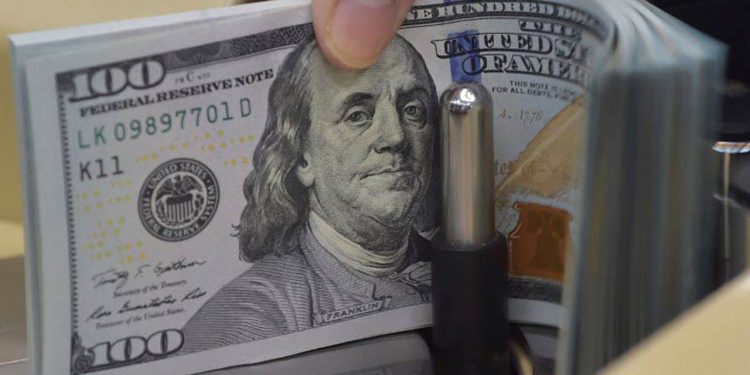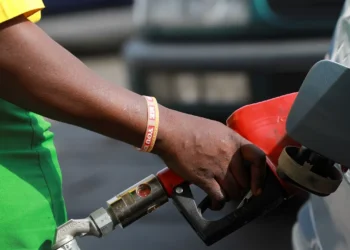Naira has tumbled to a record-breaking low, reaching N1,410 against the US Dollar. This significant depreciation, marking a 3.29% decline from the previous day’s closing rate of N1,365, underscores the unprecedented challenges facing the nation’s economy.
Factors Behind the Depreciation:
Market analysts point to a confluence of factors driving this alarming depreciation. The surge in demand for dollars has been notably persistent since the beginning of January, with several key contributors:
1. Business Restocking: A substantial portion of the heightened demand stems from businesses actively seeking to restock goods and acquire raw materials. This surge in demand for foreign exchange amplifies the pressure on the naira.
2. Overseas Students: Individuals pursuing overseas studies have played a significant role in driving the demand for dollars. This trend is closely linked to the need for tuition payments and related educational expenses, creating an additional strain on forex reserves.
3. Diaspora Departure: The departure of diaspora Nigerians, particularly noticeable after the holiday season, has contributed to the increased demand for foreign currency. The migration of individuals from the US and other foreign countries has further impacted the parallel market.
4. School Reopening: With schools abroad reopening, international students are actively restocking their foreign currency reserves to meet impending school fees and other financial obligations. Additionally, students are securing funds for holiday allowances, adding to the demand pressure.
Economic Ramifications:
The unprecedented depreciation of the naira raises concerns about potential economic consequences. As businesses grapple with higher import costs and individuals face increased expenses, there are growing fears about the impact on inflation, purchasing power, and overall economic stability.
Forex Turnover Statistics:
According to RateCaptain, forex turnover dropped by 3.18% to $56.60 million as the naira tumbled against the dollar. The official market saw a 0.41% decrease, closing at N882.24 to a dollar, while the parallel market quoted N1365/$1, representing a 0.37% decrease.
Central Bank’s Response:
Governor Yemi Cardoso of the Central Bank acknowledged the undervaluation of the naira and pledged efforts to achieve genuine price discovery. He emphasized a coordinated approach with fiscal measures to balance and stabilize the exchange rate. However, the current market conditions cast doubt on the effectiveness of these proposed strategies.
Bottom Line
As the naira faces historic lows, there is a pressing need for comprehensive and effective measures to restore stability. The intensifying demand for dollars highlights the urgency of addressing underlying economic challenges to prevent further deterioration. The coming days will be crucial in determining the resilience of the Nigerian economy amidst these unprecedented currency fluctuations.











